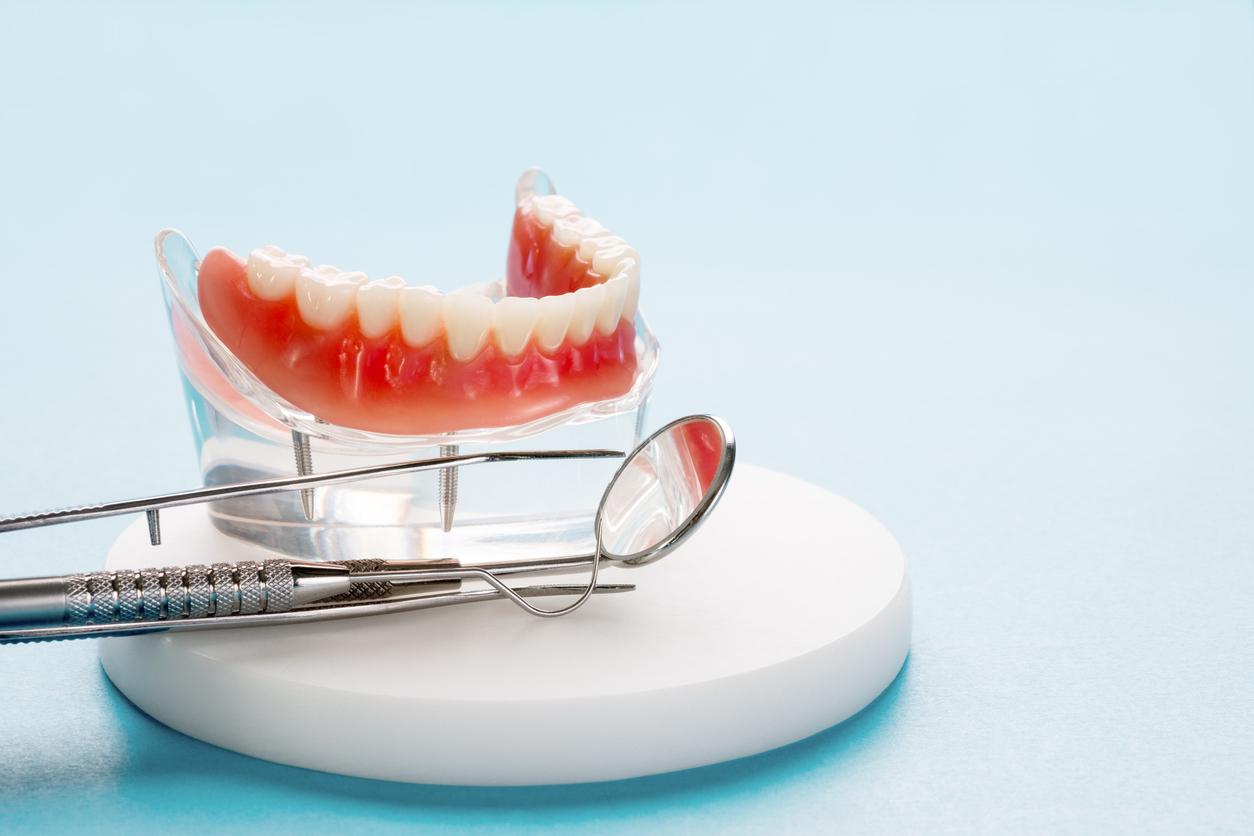Benzodiazepines are associated with an increased risk of pneumonia in patients with Alzheimer’s. Prescriptions are numerous in this group.

To be consumed in moderation, more than ever. Benzodiazepines are associated with an increased risk of pneumonia in people with Alzheimer’s disease. This is the result of a study conducted by the University of Eastern Finland and published in the Canadian Medical Association Journal. This conclusion is cause for concern: the prescription of these drugs – hypnotics or anxiolytics – is frequent in these patients, however very fragile.
At present, no treatment can effectively fight Alzheimer’s disease. By default, doctors sometimes turn to benzodiazepines, along with related molecules, to resolve sleep or mood disorders that patients suffer from. A prescription that goes against official recommendations.
High risk patients
The Finnish study, carried out on 49,500 people with Alzheimer’s disease, agrees with international guidelines. Because if the benzodiazepines have a very relative effect, their risks are real. These drugs, and related drugs, are associated with a 30% increased risk of pneumonia in participants. The risk is particularly high in the first 30 days of treatment. It is then doubled.
The authors point out, these results are worrying. Indeed, patients with Alzheimer’s are at greater risk of pneumonia compared to their healthy peers. The use of benzodiazepines is also higher in this group than the others.

French excess
“Several mechanisms explain the link between benzodiazepines and pneumonia”, according to three experts who wrote a remark associated with the study. Paula Rochon, Nicholas Vozoris and Sudeep Gill explain that the sedation induced by these molecules can reduce the pressures on certain esophageal sphincters but also suppress the immune response. Thus promoting pulmonary infections. This explanation is all the more plausible since the use of these drugs has already been associated with a risk of worsening of COPD (chronic obstructive pulmonary disease).
In France, caution is required because the consumption of benzodiazepines remains high. According to the latest report from the National Medicines Safety Agency (ANSM), levels are falling but remain excessive, “especially among those over 65”. In 2015, one in seven French people received a prescription for these drugs. Women over 80 hold the record.

.
















